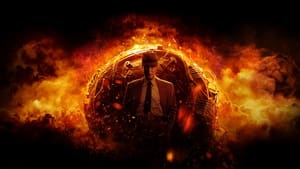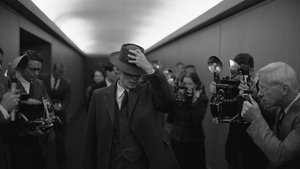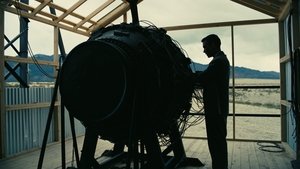
Video Sources 55 Views Report Error
Synopsis
Story of movie Oppenheimer
The movie Oppenheimer, directed by Christopher Nolan, vividly portrays the life and times of J. Robert Oppenheimer, the father of the atomic bomb. Set against the backdrop of World War II, this biopic explores the complexities of scientific advancement and the ethical dilemmas that arose from it. The film is not only a historical recount but also a deep dive into the psyche of a man who played a pivotal role in one of the most consequential developments in history.
The Making of the Film
The storytelling in Oppenheimer is marked by Nolan’s distinctive narrative style, intertwining past and present to reveal the torment and triumph that Oppenheimer experienced. The film utilizes a remarkable cast, with Cillian Murphy delivering a compelling performance as the troubled scientist. Behind the scenes, Nolan collaborated with historians and scientific experts to ensure authenticity, making the film a significant cultural artifact in understanding the Manhattan Project.
Historical Significance
Oppenheimer serves as a reflection on the moral implications of scientific innovation. As the movie unfolds, viewers are urged to consider the profound consequences of wielding such immense destructive power. The film conveys an urgent message about responsibility in science and technology, relevant not only in the context of its historical narrative but also in today’s world. In capturing Oppenheimer’s internal conflict, the film shines a light on the fragile boundary between genius and chaos, ultimately contributing to a wider discourse about ethics in scientific exploration.
Original title Oppenheimer
IMDb Rating 8.3 810,328 votes
TMDb Rating 8.086 9,168 votes
Director
Director
Cast
J. Robert Oppenheimer
Kitty Oppenheimer
Leslie Groves
Lewis Strauss
Jean Tatlock
Ernest Lawrence
Boris Pash
David Hill
Niels Bohr
Edward Teller


































